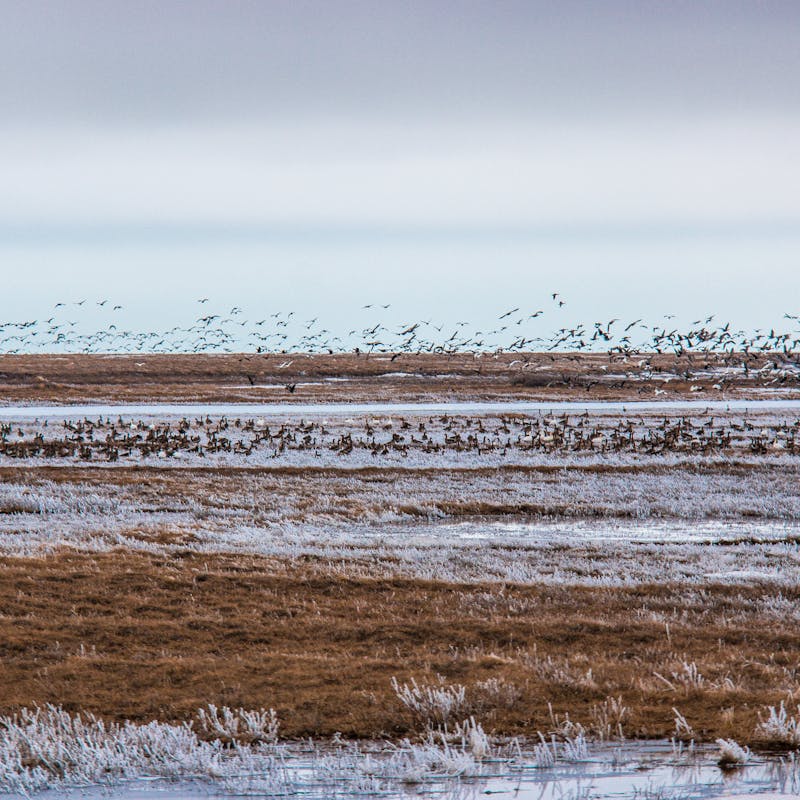The U.S. Fish and Wildlife Service is now long overdue on determining whether federal protections should be restored for gray wolves in the Northern Rockies. While gray wolves are now protected in most states under the Endangered Species Act, the populations in the Northern Rockies states of Montana, Wyoming and Idaho are still in grave danger.
Throughout my career, including years overseeing the U.S. Fish and Wildlife Service and now leading Defenders of Wildlife, I've watched the treatment of these incredible animals with intensifying outrage. Lawmakers in Montana and Idaho have relaxed wolf hunting rules. Idaho now supports a bounty of up to $2,000 per animal to kill wolves, permits year-round trapping on private land, and allows hunters and trappers to kill an unlimited number. Meanwhile, Montana relaxed state trapping rules to include snaring wolves and now permits baiting and night hunting. As with Idaho, Montana allows bounties and has even increased the number of wolves allowed to be killed in a season. Wolves are being targeted with little regard for science, long-standing wildlife management principles, or acknowledgment of their contribution to the ecosystems they inhabit and the economies they bolster.
In September 2021, the U.S. Fish and Wildlife Service issued an initial finding stating that "human-caused mortality" may be a "potential threat" for wolves in the Northern Rockies and that the federal protection requested by two petitions may be warranted. Under federal law, the agency is required to decide whether a listing is warranted within one year of receiving the first petition. However, the service missed the deadline this June, triggering a handful of conservation organizations to file a lawsuit. So far, there has been no response.
Is the agency I was proud to lead going to allow a handful of states to roll back history and undermine one of the great wildlife restoration stories of the last century? Will it continue to stand by and watch decades of collaborative wolf recovery work be for naught?
The U.S. Fish and Wildlife Service must issue its determination and protect wolves in the Northern Rockies. Not only does the agency have the legal responsibility to respond to the petition, but it also has a moral obligation to protect a species so critical to the balance of nature and which hundreds of other wildlife species depend on. Regardless, federal protections should be immediately reinstated before the situation gets worse for wolves. Without this important oversight, it certainly will.









Follow Defenders of Wildlife
facebook bluesky twitter instagram youtube tiktok threads linkedin